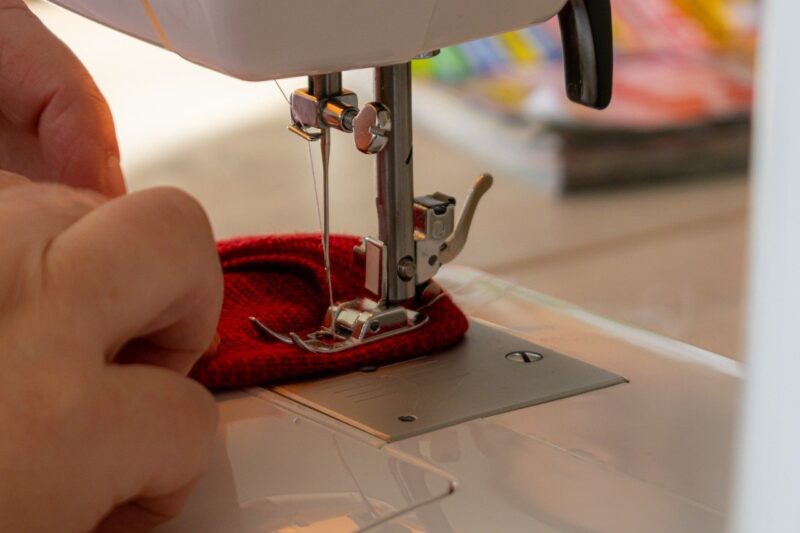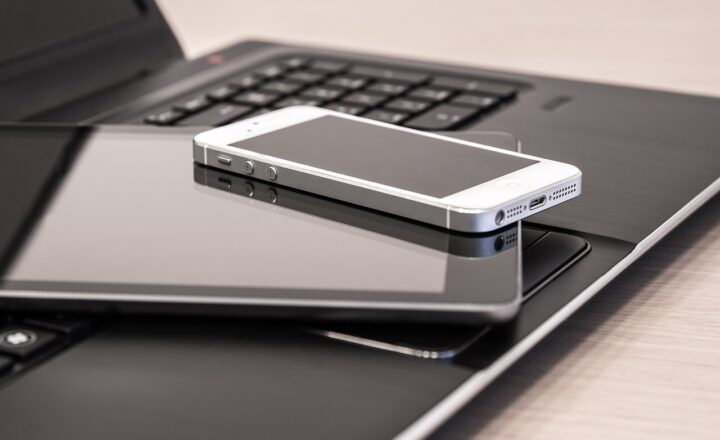How Machines Became the Unlikely Heroes of Certain Historical Events
November 17, 2024

History is often seen as a chronicle of human triumphs and failures, with individuals taking center stage in the great events of our past. However, an exploration of historical occurrences reveals that machines, whether they are tools, technologies, or entire systems, have oftentimes played pivotal roles in shaping outcomes. From the industrial revolution to modern warfare, machines have proven to be unlikely heroes that have influenced the course of history in remarkable ways
1. The Industrial Revolution: A Machine-Driven Transformation
The advent of the Industrial Revolution in the late 18th century marks one of the most significant transitions in human history, characterized by a shift from agrarian economies to industrialized and mechanized production. Machines such as the steam engine took the spotlight during this era, enabling mass production and significantly changing social structures.
The steam engine, perfected by James Watt, not only revolutionized transportation with the locomotive but also transformed industries like textiles and manufacturing. Factories sprang up around these machines, drastically altering labor conditions and urban landscapes.
It’s estimated that this machine-driven revolution has led to the birth of modern capitalism and significantly increased productivity, thereby enhancing living standards in the long run. While individuals certainly played vital roles, it was the machines that catalyzed widespread change.
2. The Printing Press: Democratizing Knowledge
Before the invention of the printing press by Johannes Gutenberg in the 15th century, books were rare and expensive, limiting knowledge primarily to the elite. The printing press was a mechanical marvel that transformed society by making the written word accessible to the masses.
With its emergence, literacy rates began to rise, paving the way for the Renaissance and the Reformation. Informational networking through printed materials spun the wheels of change and ignited critical thinking. The press allowed ideas to spread rapidly, undermining authoritarian regimes and fostering democratic movements across Europe.
Without the printing press, pivotal changes in culture and politics may not have taken the course they did, illustrating how a machine wielded extraordinary power in the hands of society.
3. Machines of War: The Turning Points in Battles
War has always been a domain where machines have changed the tide of battles. The introduction of tanks during World War I is an iconic example of machines revolutionizing warfare. Designed to break the stalemate of trench warfare, tanks provided the mobility and firepower needed to shift dynamics on the battlefield.
Similarly, during World War II, advancements in aviation and naval technology, such as the aircraft carrier and radar, radically altered military strategy. The attack on Pearl Harbor showcased how machines could tip the scales of war, prompting the U.S. to enter the conflict with a focus on technological innovations
In these instances, it became evident that machines were not merely extensions of human effort but essential components that dramatically influenced historical outcomes. Their development represents a melding of ingenuity and necessity with far-reaching implications.
4. Medical Machines: A Life-Saving Evolution
The impact of machines extends beyond the battlefield and industrial landscapes into the realm of healthcare. Technology such as the X-ray machine, invented by Wilhelm Conrad Röntgen in 1895, marked a paradigm shift in the diagnosis and treatment of illnesses. This breakthrough provided doctors with tools to see inside the human body, revolutionizing medical practices and saving countless lives.
Following advancements led to machines like MRIs, automated surgical tools, and life-support machines that continue to enhance our ability to prolong life and improve quality of care. These medical machines serve as unlikely heroes, intervening in moments of crisis where human limitations are starkly apparent.
5. The Digital Age: Machines Empowering Human Creativity
The last few decades have witnessed the rise of computers and the internet, manifesting as machines that empower human connectivity, creativity, and innovation. The invention of the personal computer has opened up new frontiers across the globe, enabling individuals to access information, collaborate, and create unprecedented advancements.
Platforms powered by algorithms and machine learning have changed industries by automating processes, from content creation to financial analysis. Social movements have flourished amid digital connectivity, where machines have fostered a collective consciousness on issues spanning climate change to human rights.
In this digital landscape, machines serve as tools that amplify human voices and initiatives, showcasing how technology plays a heroic role in a continually evolving world.
Conclusion: Machines as Historical Catalysts
As we reflect on the significant events of our history, one revelation stands outs: machines have often acted as catalysts, silently driving change and helping humanity achieve remarkable feats. Whether during wars, in the realms of medicine, or through technological advancements, these seemingly cold creations have proved essential in shaping our world.
We must acknowledge that machines serve both as facilitators of progress and as agents of change. As we advance further into the 21st century, the relationship between humanity and machines will likely deepen, and their roles in historical occurrences will continue to unfold in unexpected ways. Perhaps the next great chapter in history will see machines emerging as even more influential players on the world stage.







